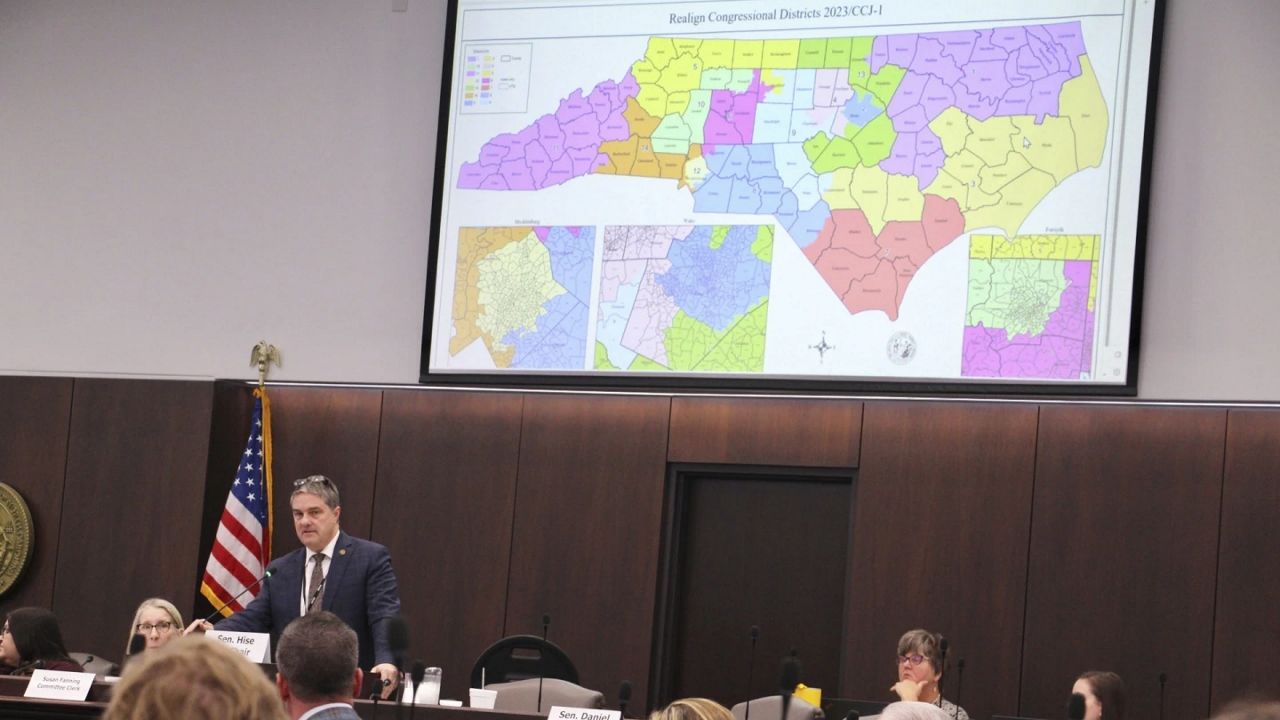CHARLOTTE, N.C. — Electric and hybrid car sales are on the rise in North Carolina.
More than 70,000 Zero Emission Vehicles (ZEV) have been registered in the state, according to the North Carolina Department of Transportation.
The number of registered ZEVs in North Carolina is still well below Gov. Roy Cooper’s goal of getting 1.25 million electric vehicles on the road by 2030.
However, the number of ZEVs in the state has risen steadily over five years. Between August 2022 to August 2023, registrations jumped 55%.
“I’ve seen all of these EVs here in Salisbury now, and that wasn’t the case about 18 months ago,” said Anthony Johnson.
Johnson pulled the plug on driving gas cars less than a year ago.
“I was spending about $350 a month on gas, and now I spend no more than 30 to 40 dollars,” Johnson said.
Before making the switch, Johnson admits he was apprehensive about buying an electric vehicle.
“To me, an EV was just like a glorified golf car,” Johnson said. “I was like there’s no way I’m just going to drive something without a motor in it.”
Johnson and his family now own three electric vehicles. It all started when his wife bought one, and then Johnson went to check out a Ford F-150 Lightning.
“I had no intentions of buying [the Ford],” Johnson said. “I just went to the dealership to take a test drive, and fell in love with it immediately, I didn’t even tell my wife that I was going to purchase this truck.”
His truck was eligible for $7,500 tax credits. The tax credits are part of the Inflation Reduction Act, which was passed in August 2022.
Johnson says those tax credits helped persuade him to go electric, as well as incentives with Duke Energy.
“[Duke Energy] paid for the installation of our home charger, and I just signed up with this program where I’m only paying $19.99 per month to charge all three vehicles.”
Johnson says Duke Energy’s home charging pilot program could help save $250 on his monthly electric bill.
“If you’re into gas cars, I’m not going to knock you,” Johnson said. “But for me, the cost savings [with gas and maintenance] I would never go back and purchase a gas car.”
According to the U.S. Treasury Department, to qualify for half of the $7,500 tax credit, at least 50% of a car’s battery components must be made or assembled in North America. At least 40% of minerals used in the battery, such as lithium, must be extracted or processed in the U.S. to qualify for the other half.
Companies are making big investments, including in North Carolina, to try and boost domestic production of electric vehicle batteries.
Toyota is putting nearly $14 billion into building a hybrid and EV battery factory near Greensboro.





)


